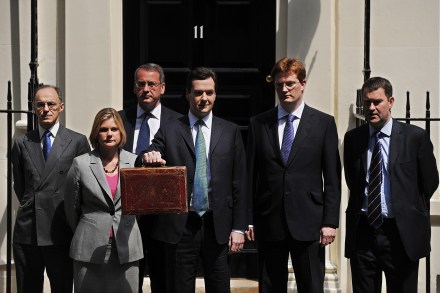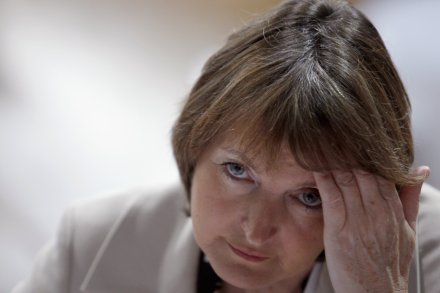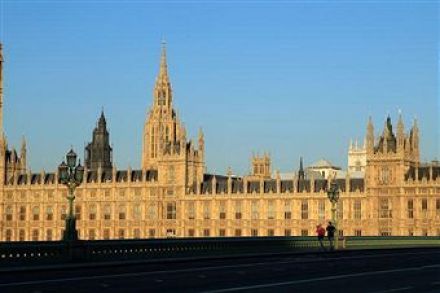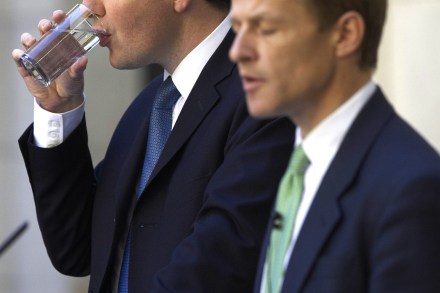Osborne to strengthen Parliament’s role in OBR appointments?
It may not be the sexiest story in today’s newspapers, but the ongoing Office for Budget Responsibility row is certainly among the most important. After all, a great deal rests on how it is resolved. Not only could we end up without a body capable of restoring trust in fiscal forecasts, but the government’s promising transparency agenda could be sunk before it has even had chance to sail. Much will depend on how far George Osborne goes to reinvigorate the OBR’s independent credentials. In which case, it’s worth highlighting the Sunday Telegraph’s summary of Sir Alan Budd’s proposals to do just that. The departing OBR chief is expected to outline

















